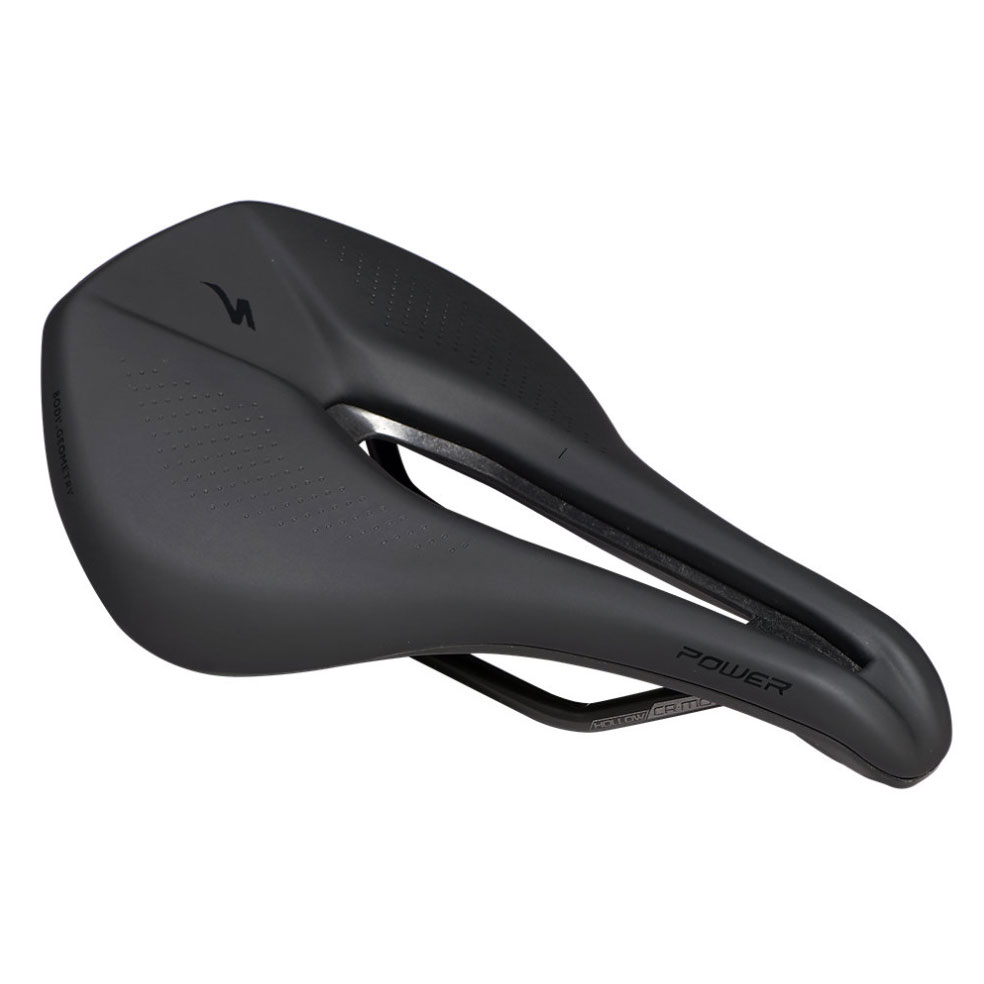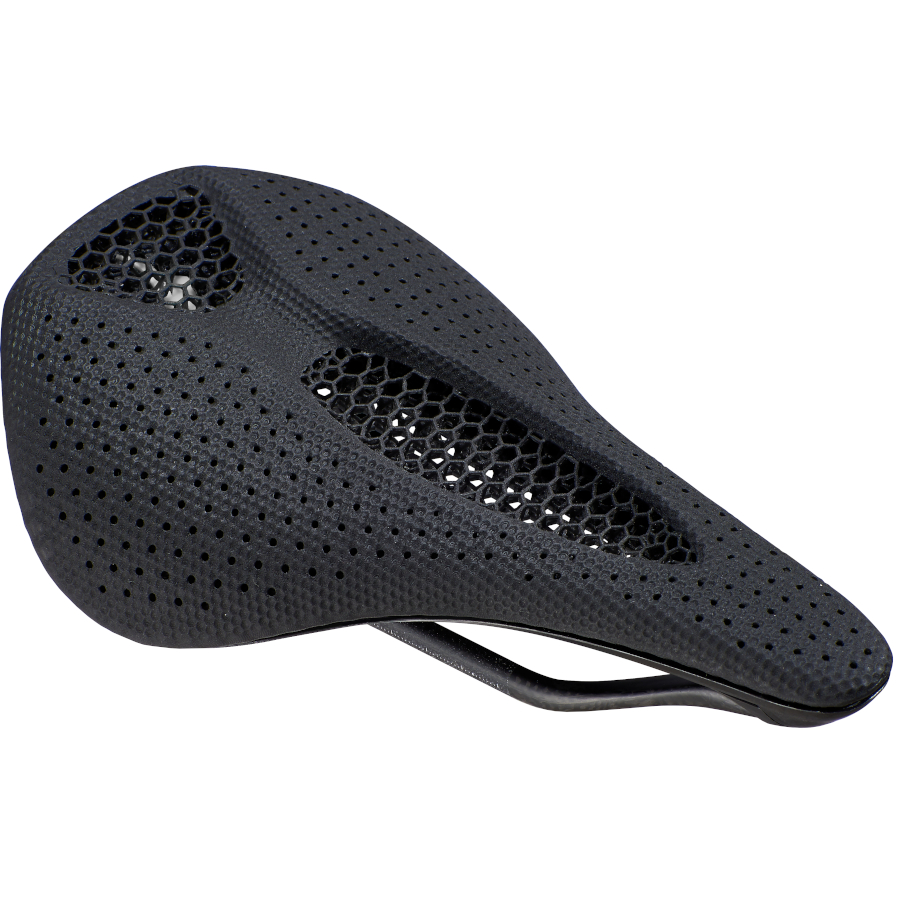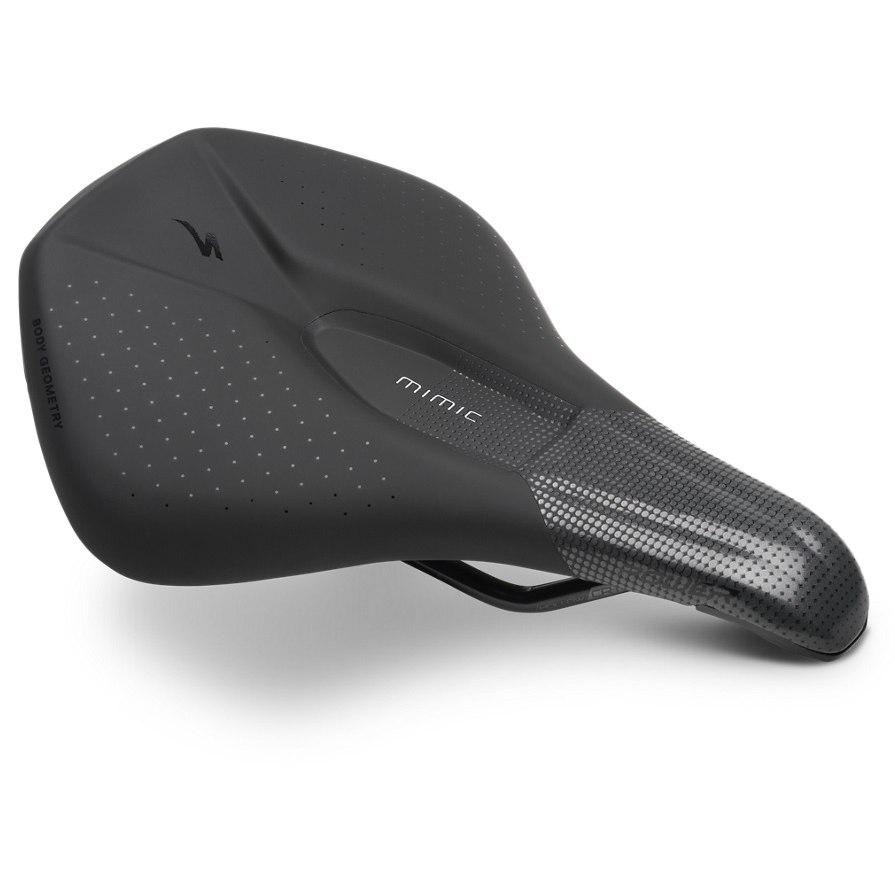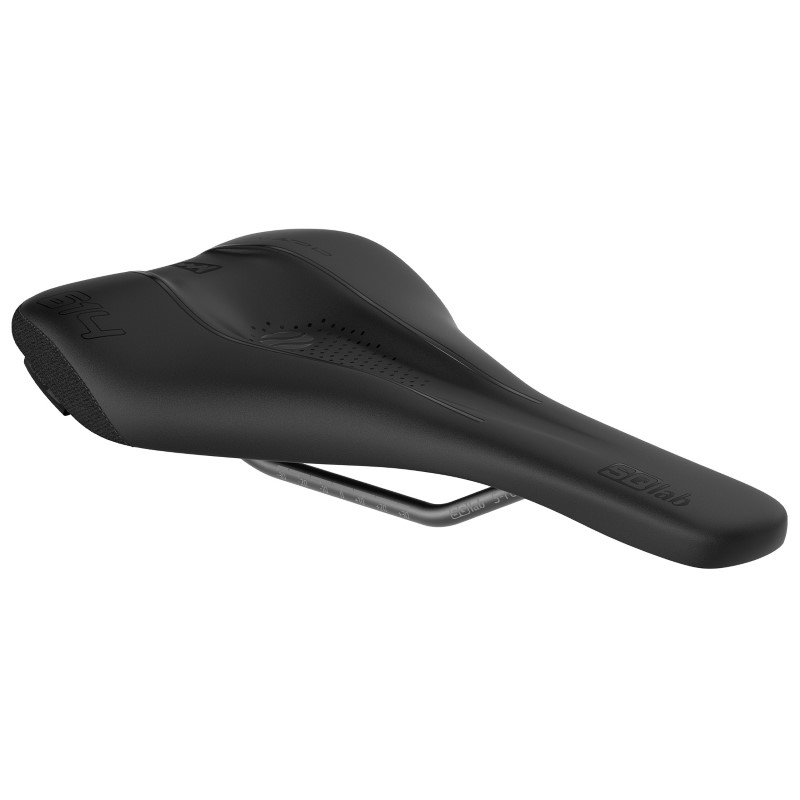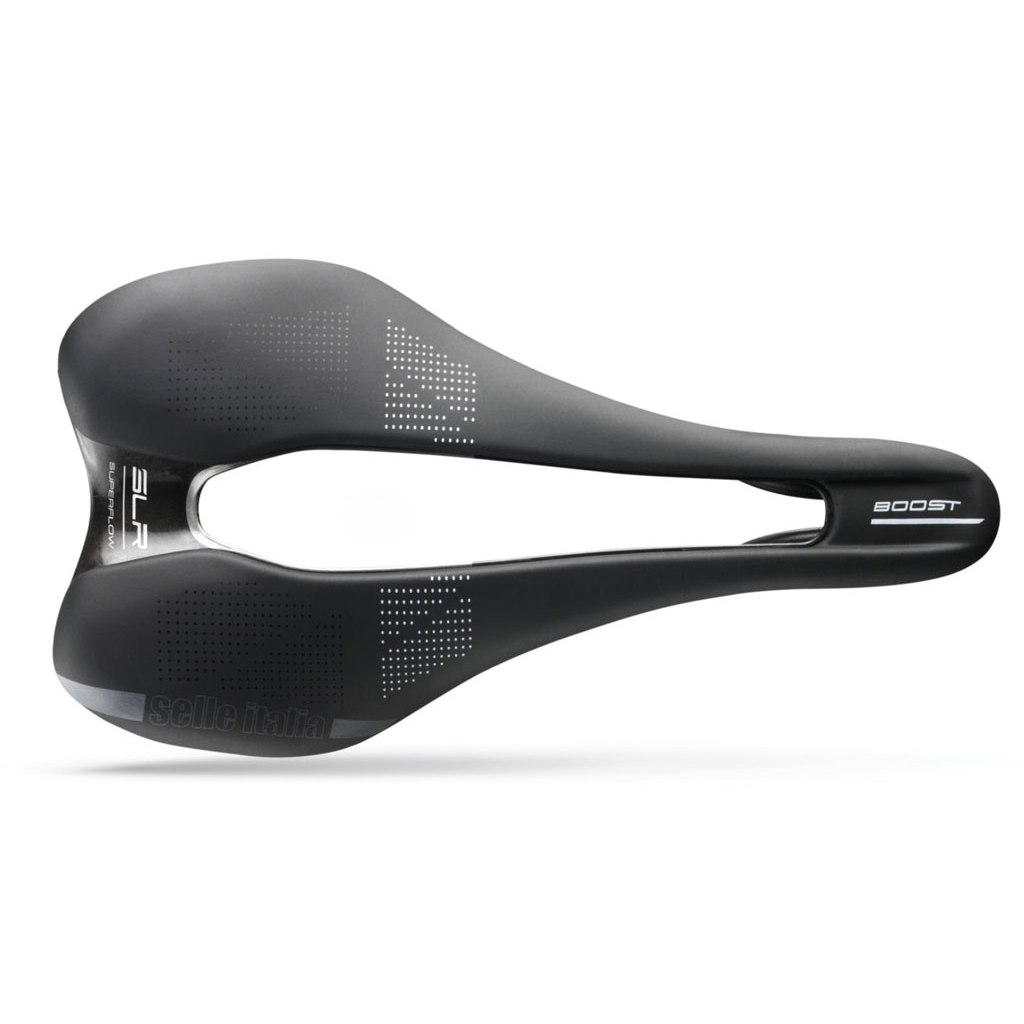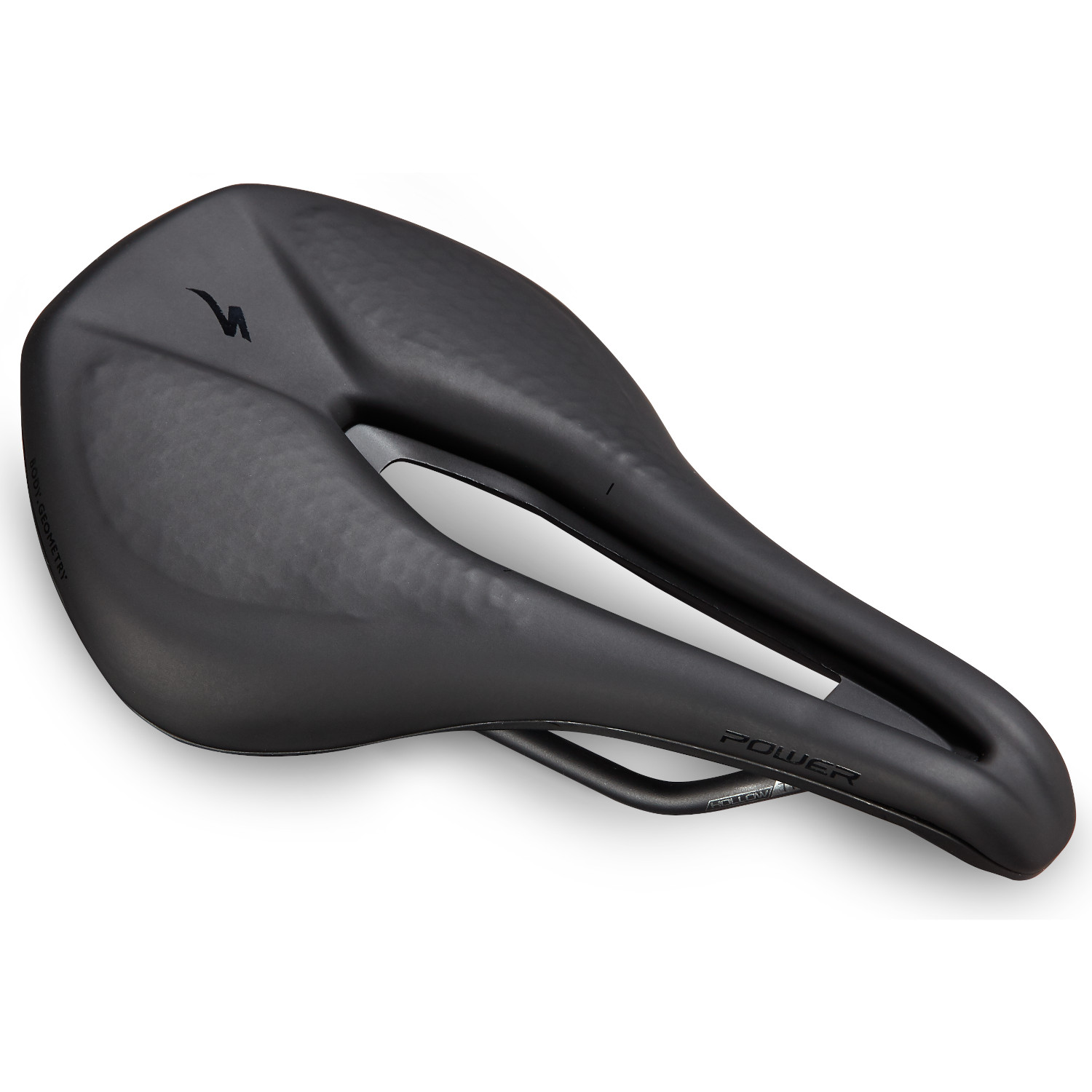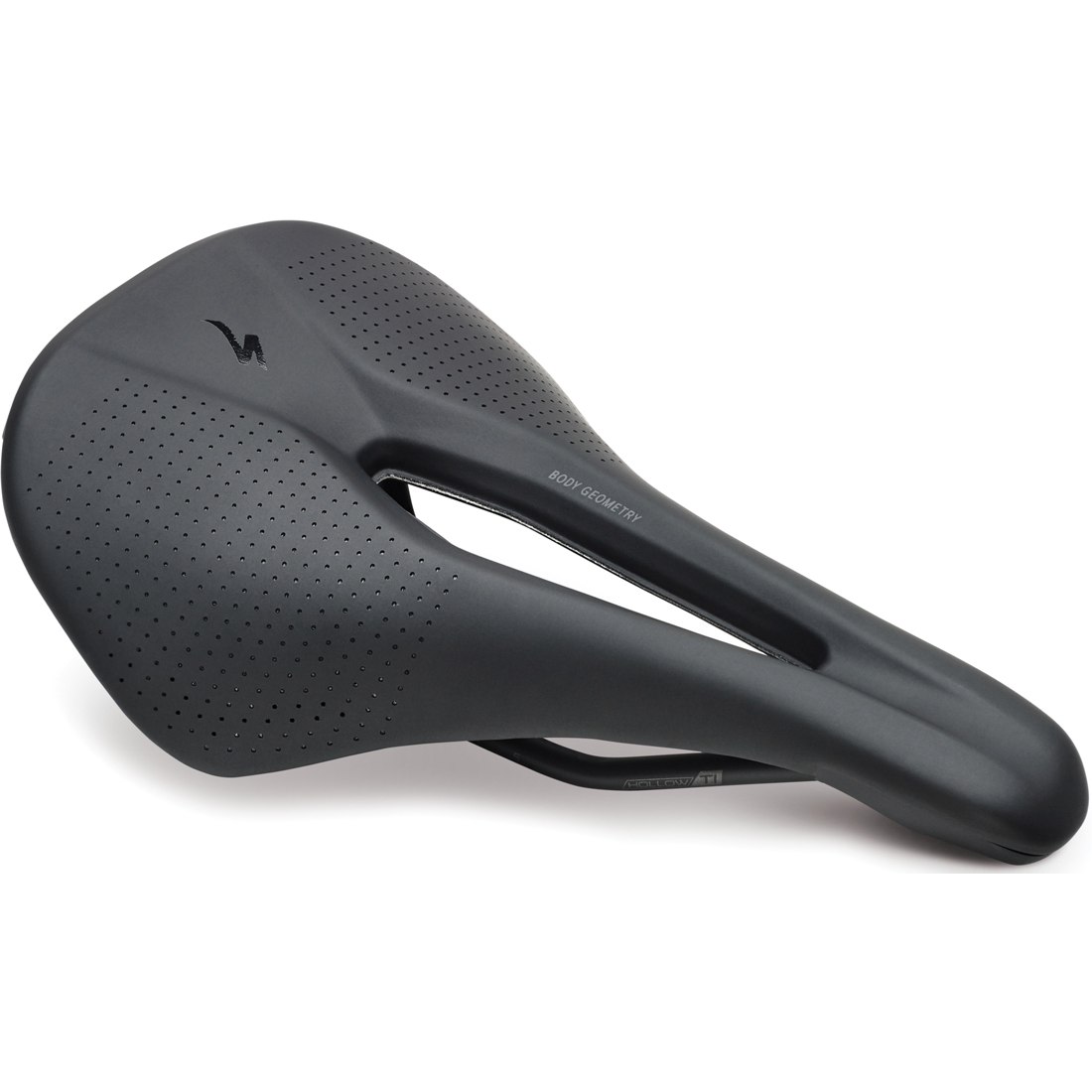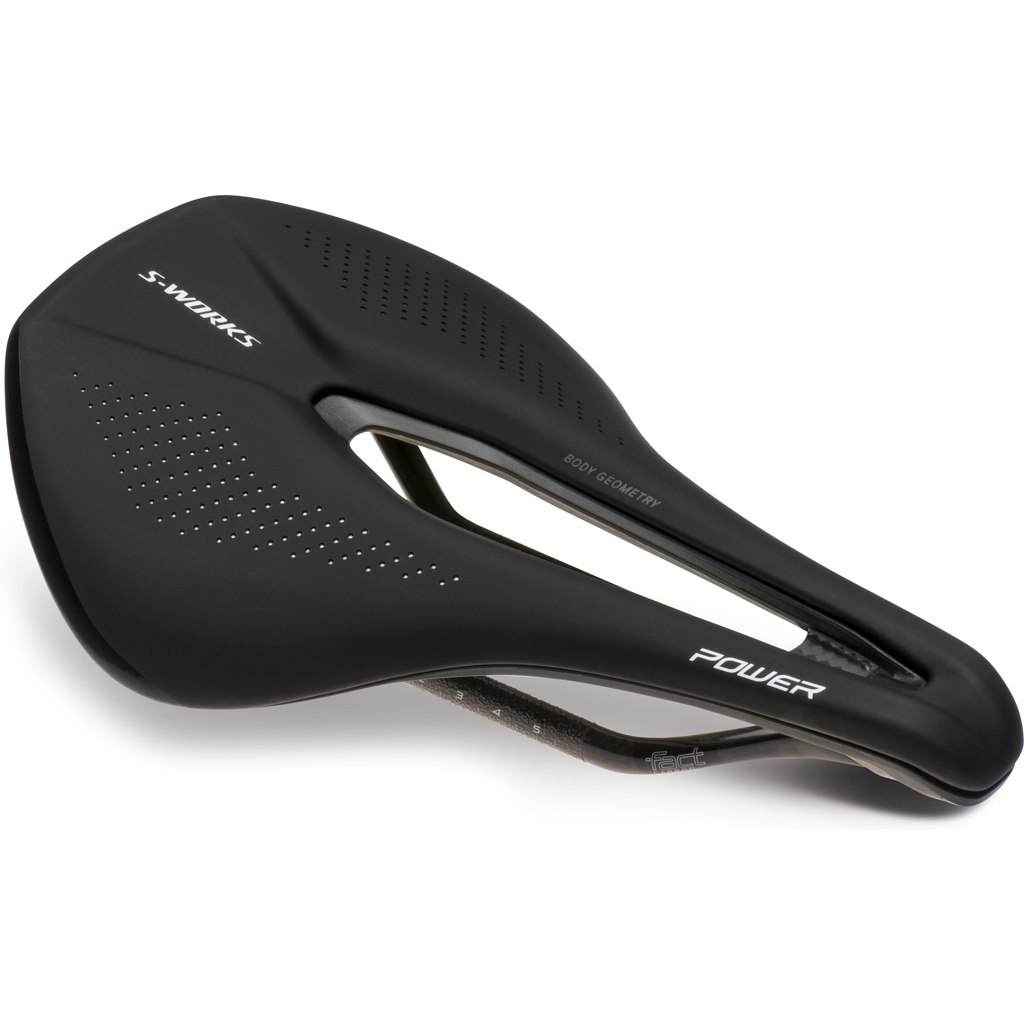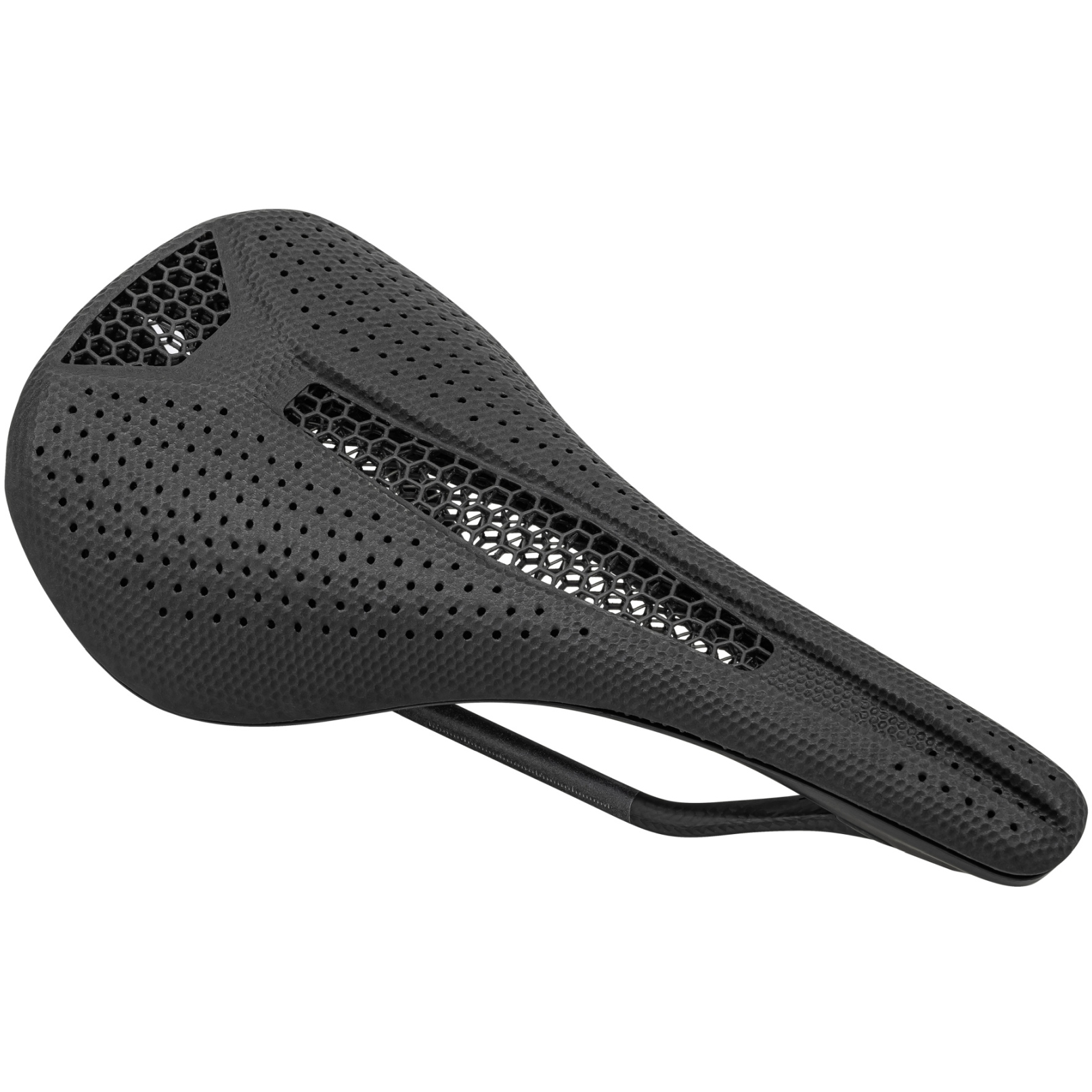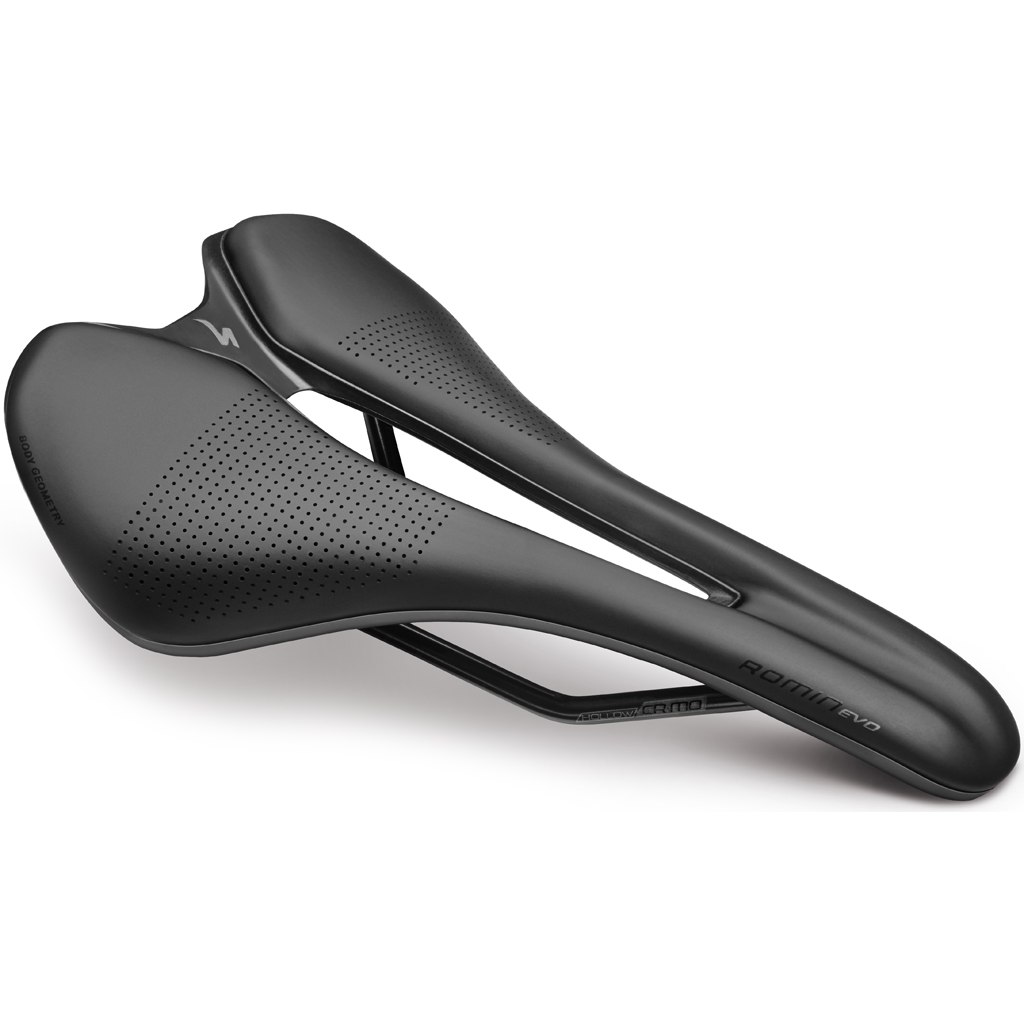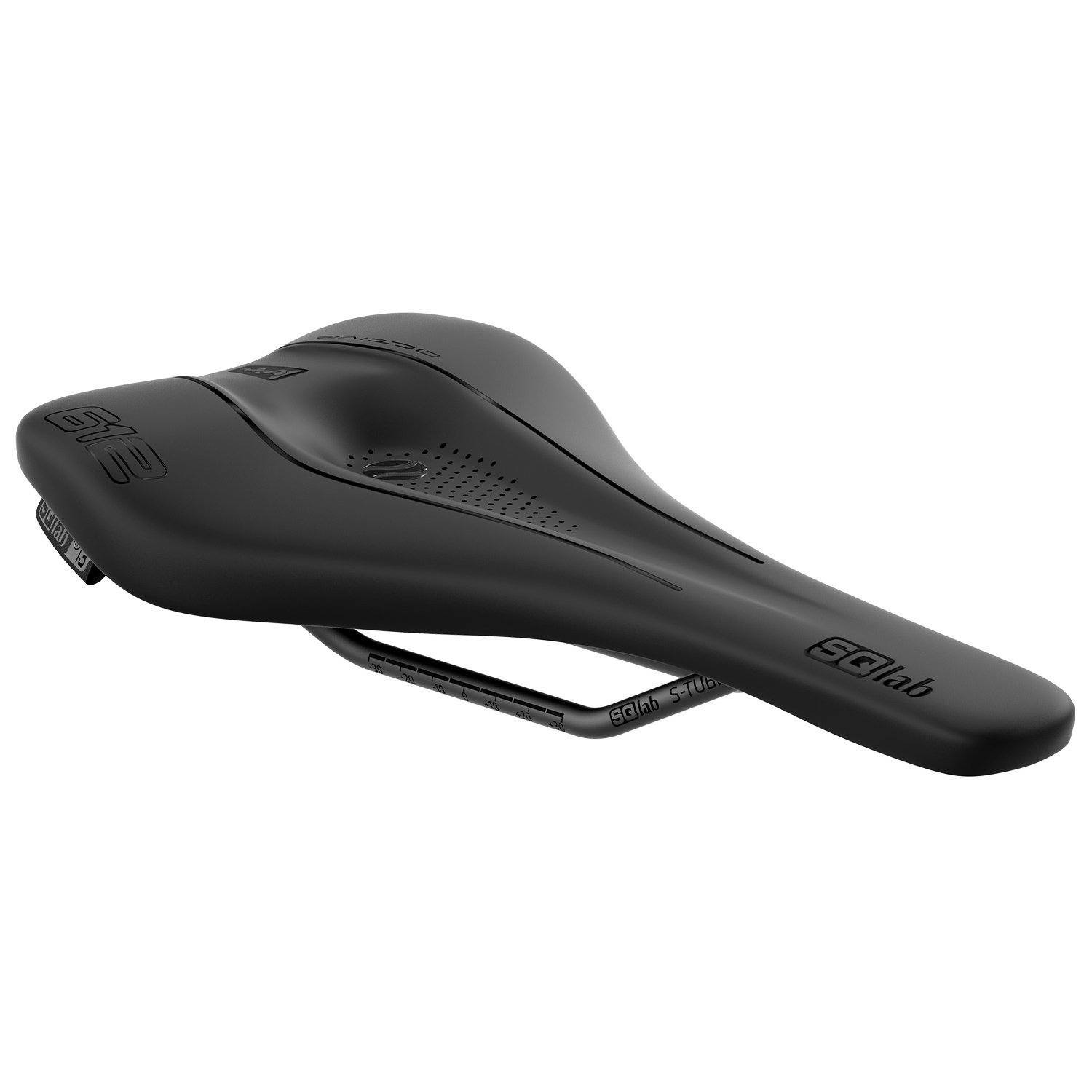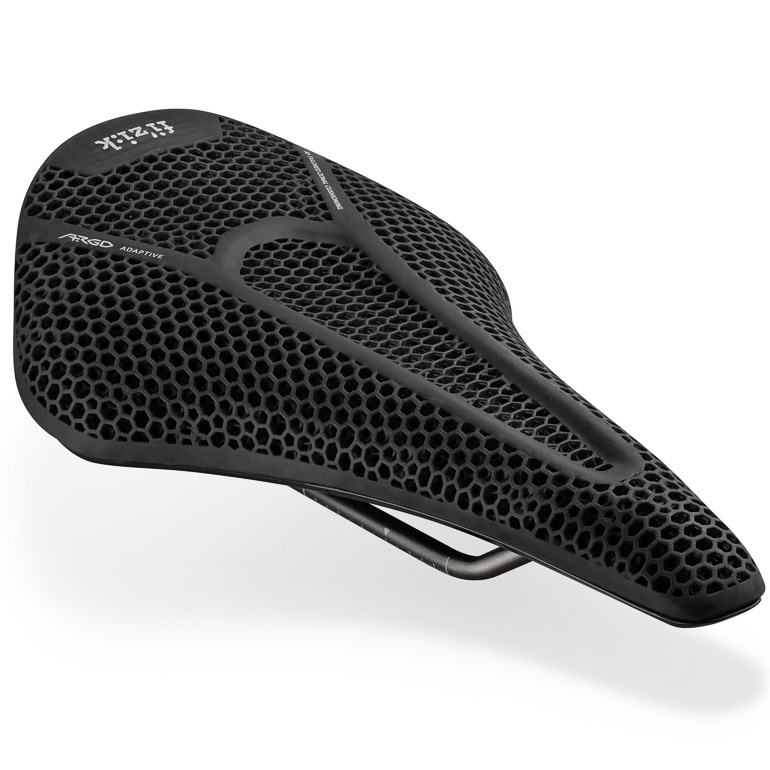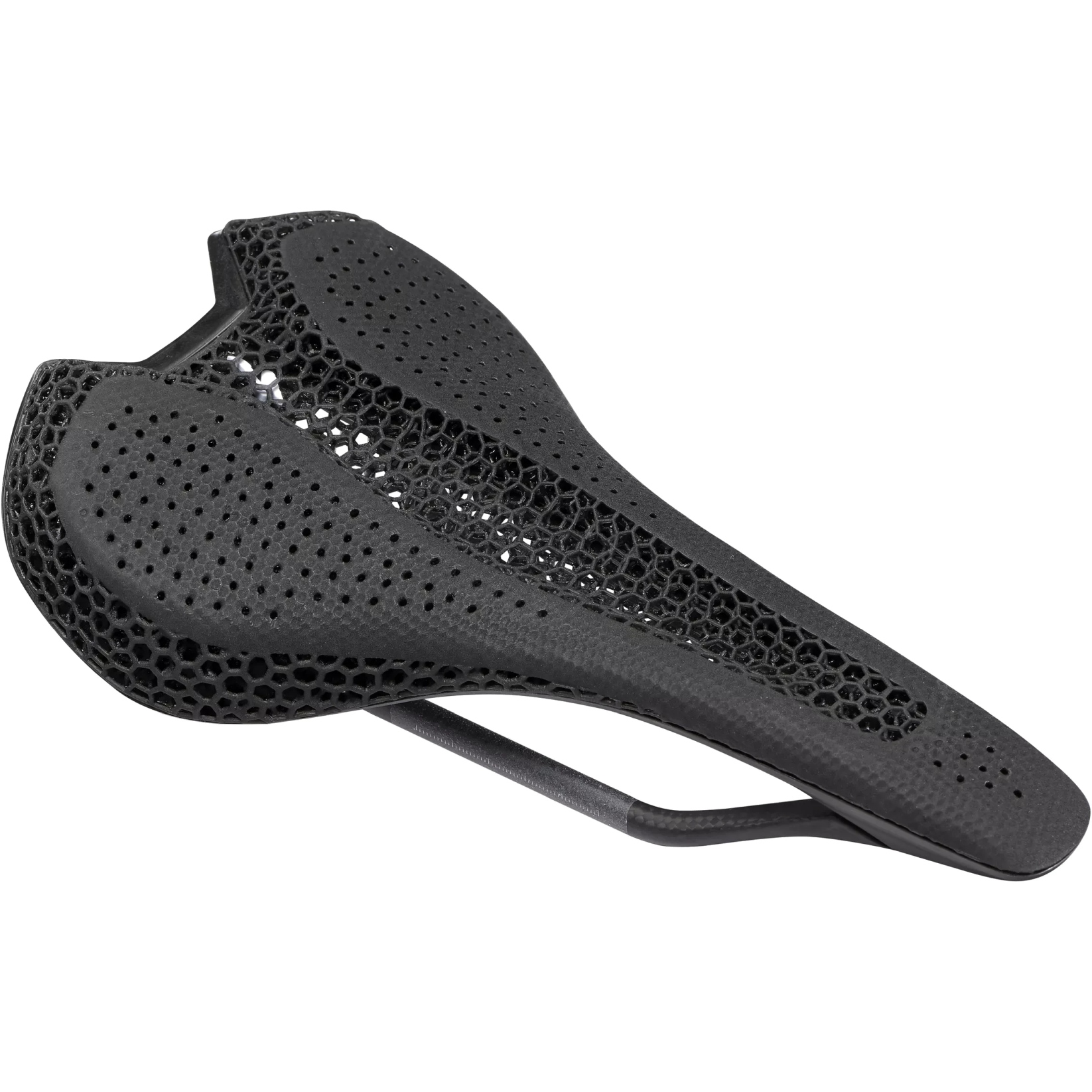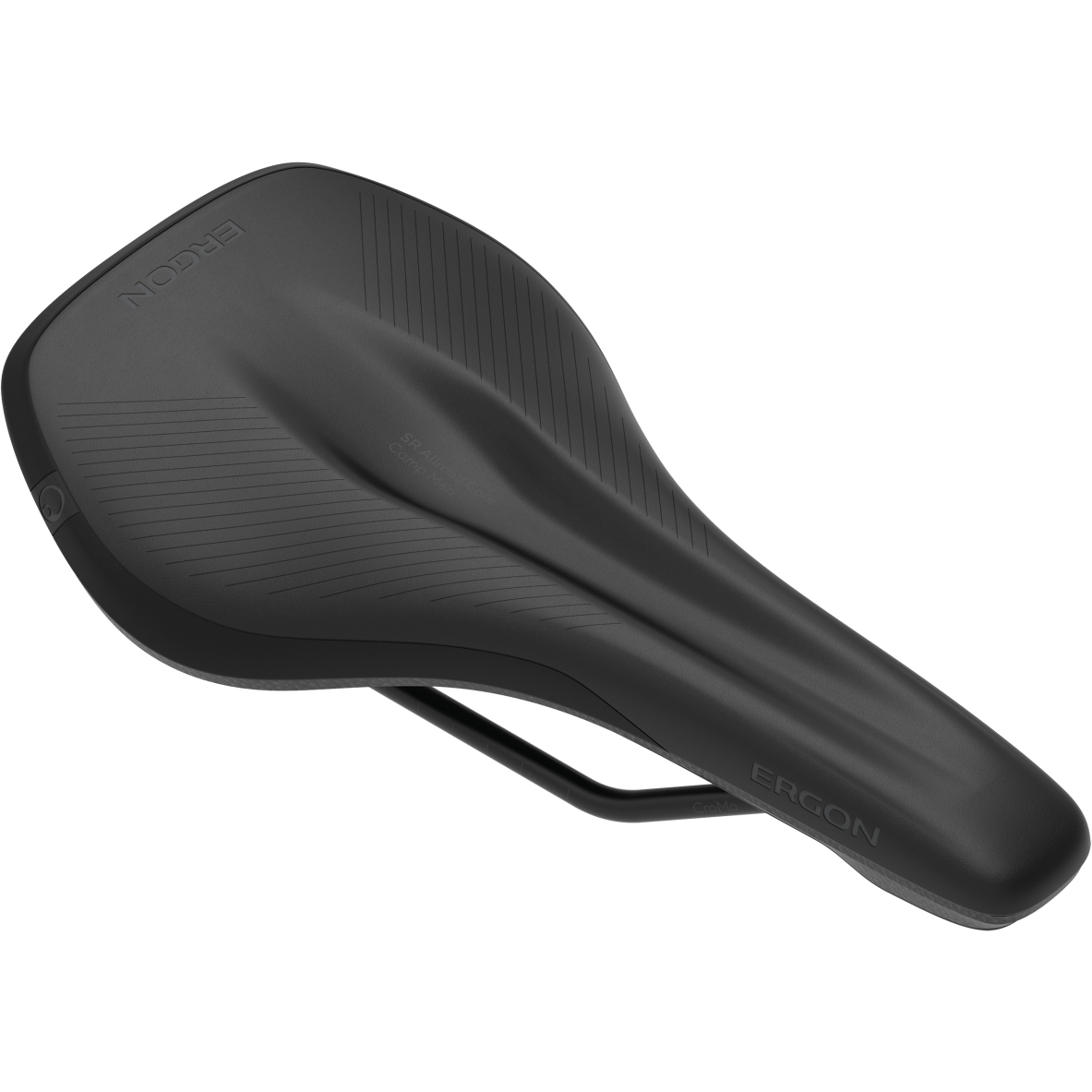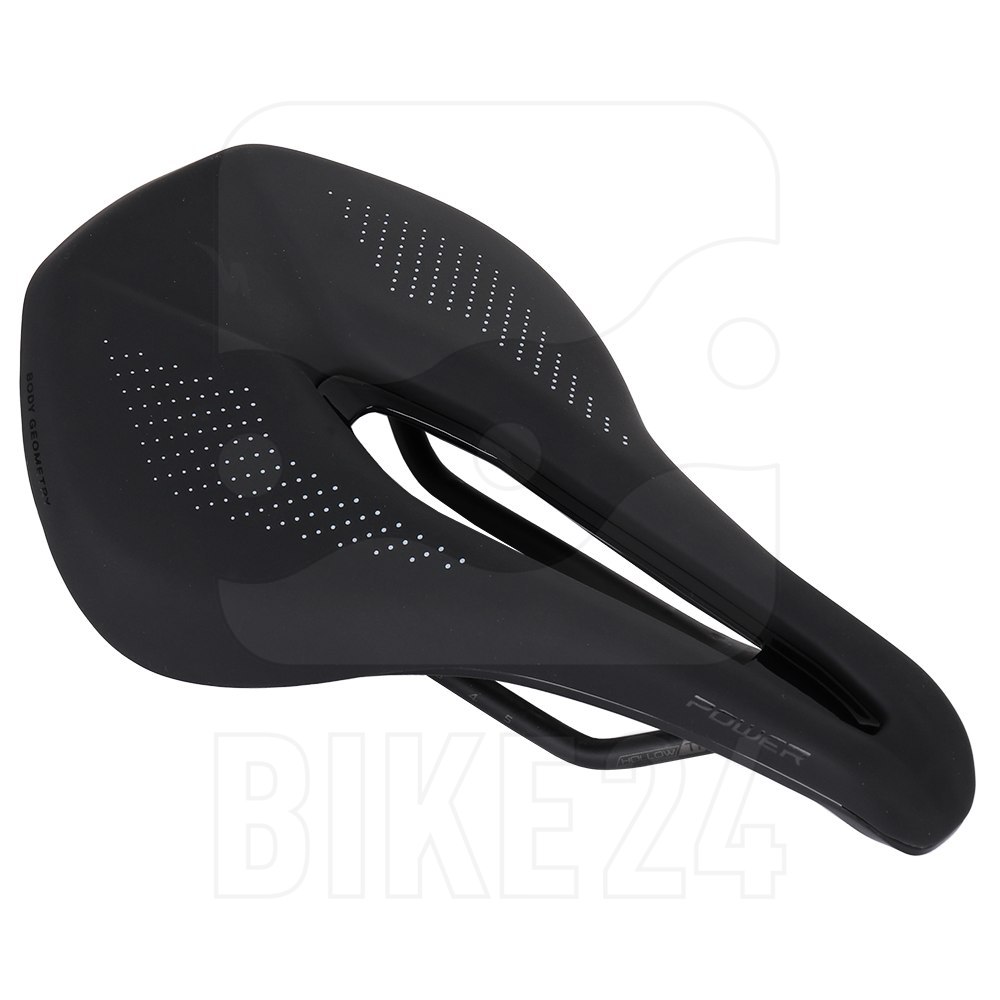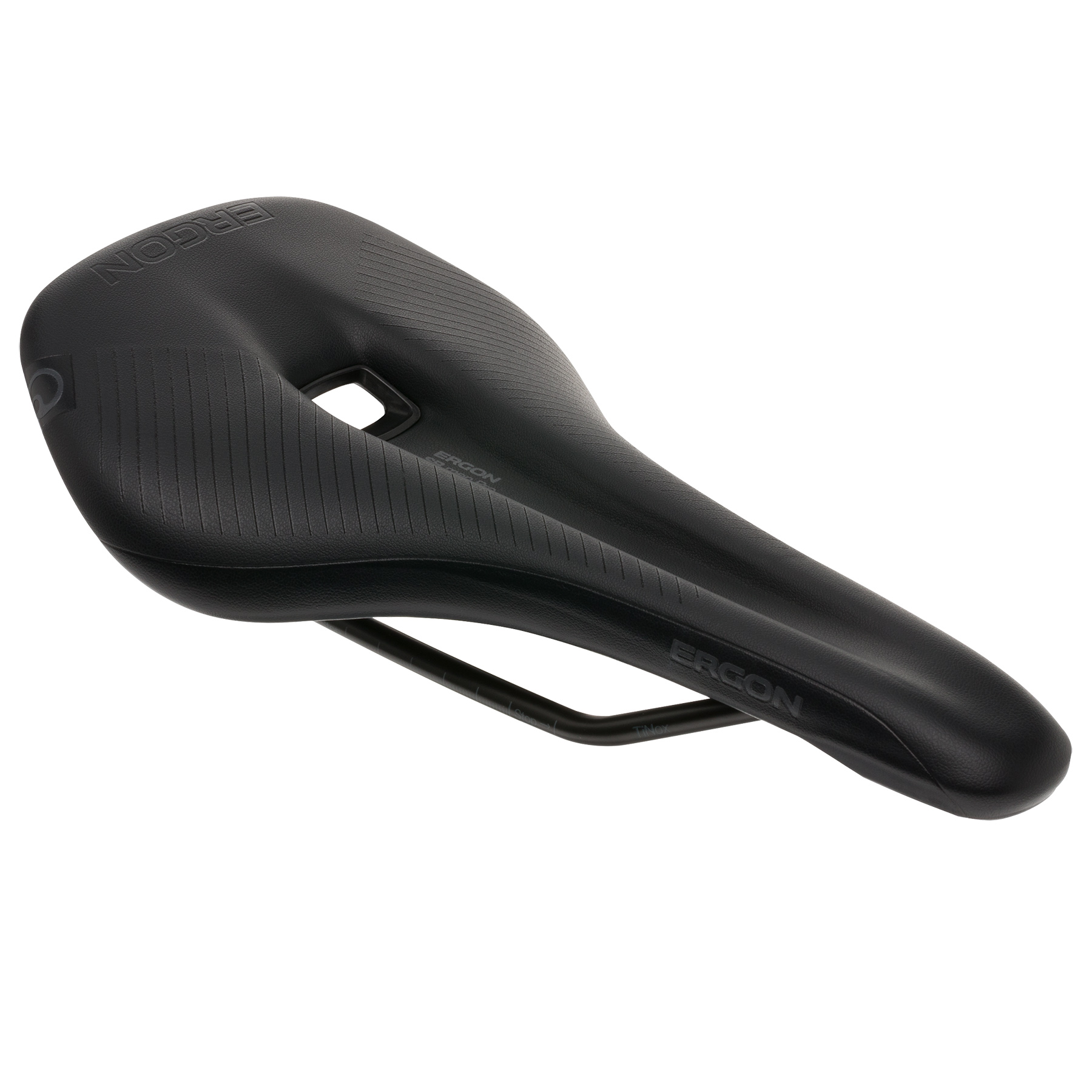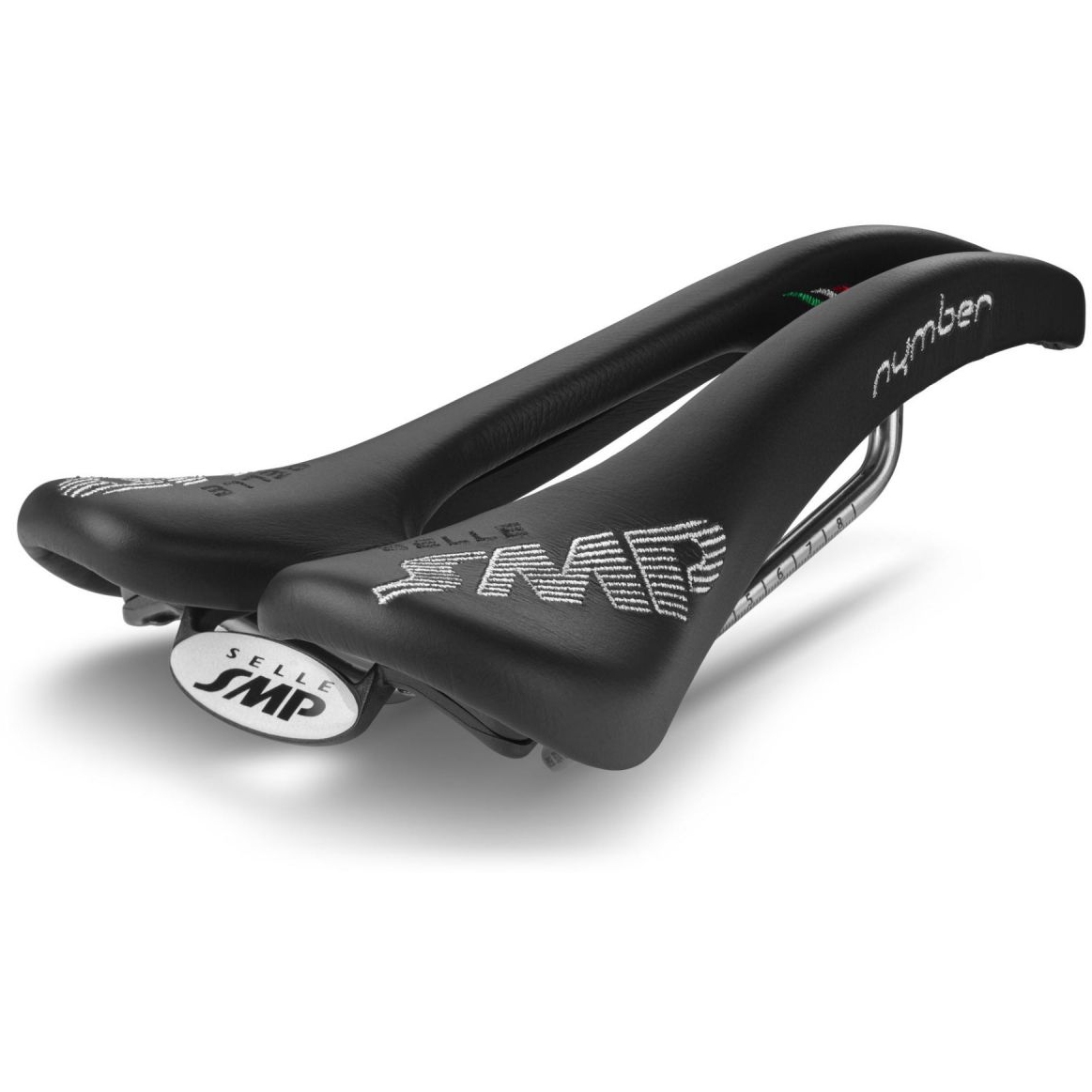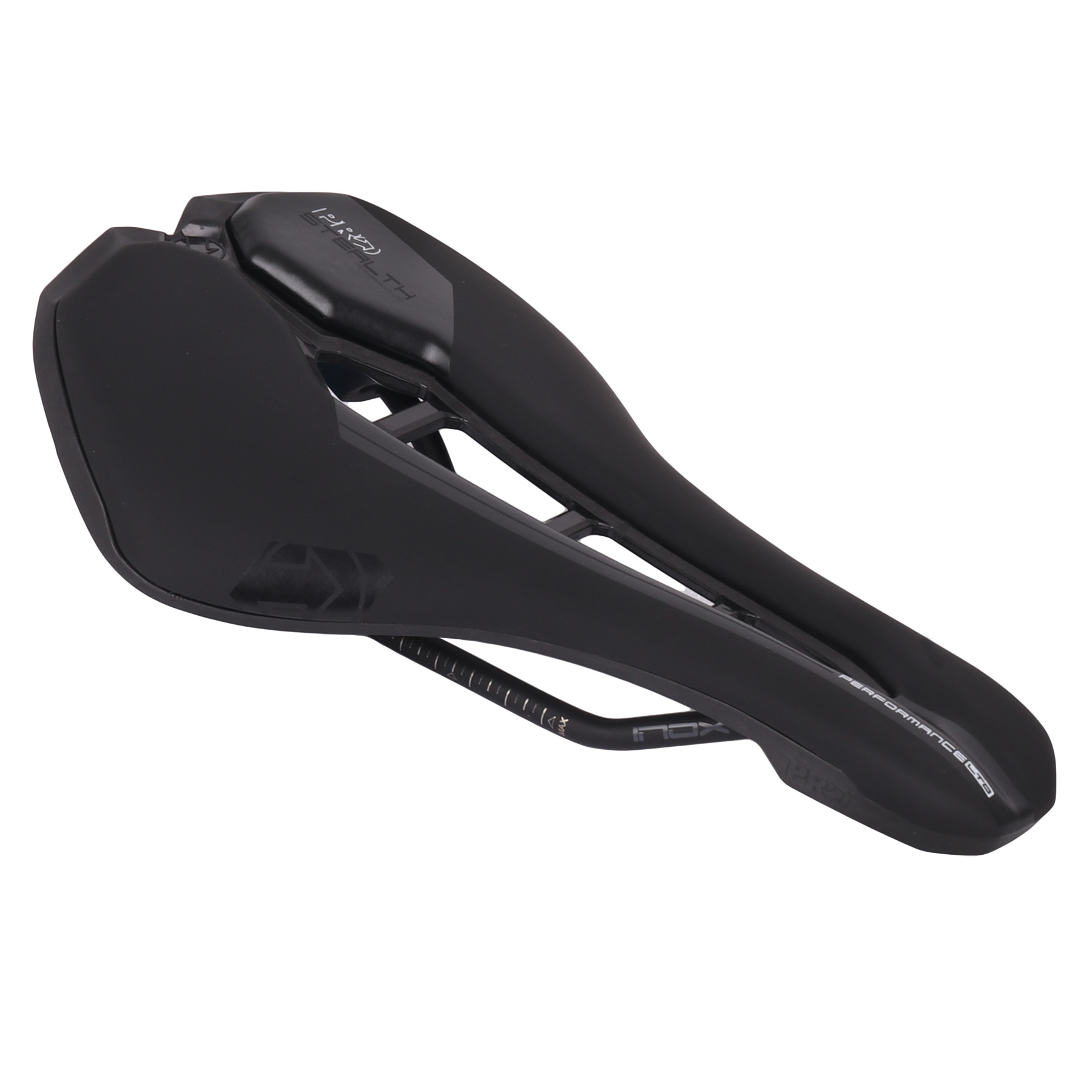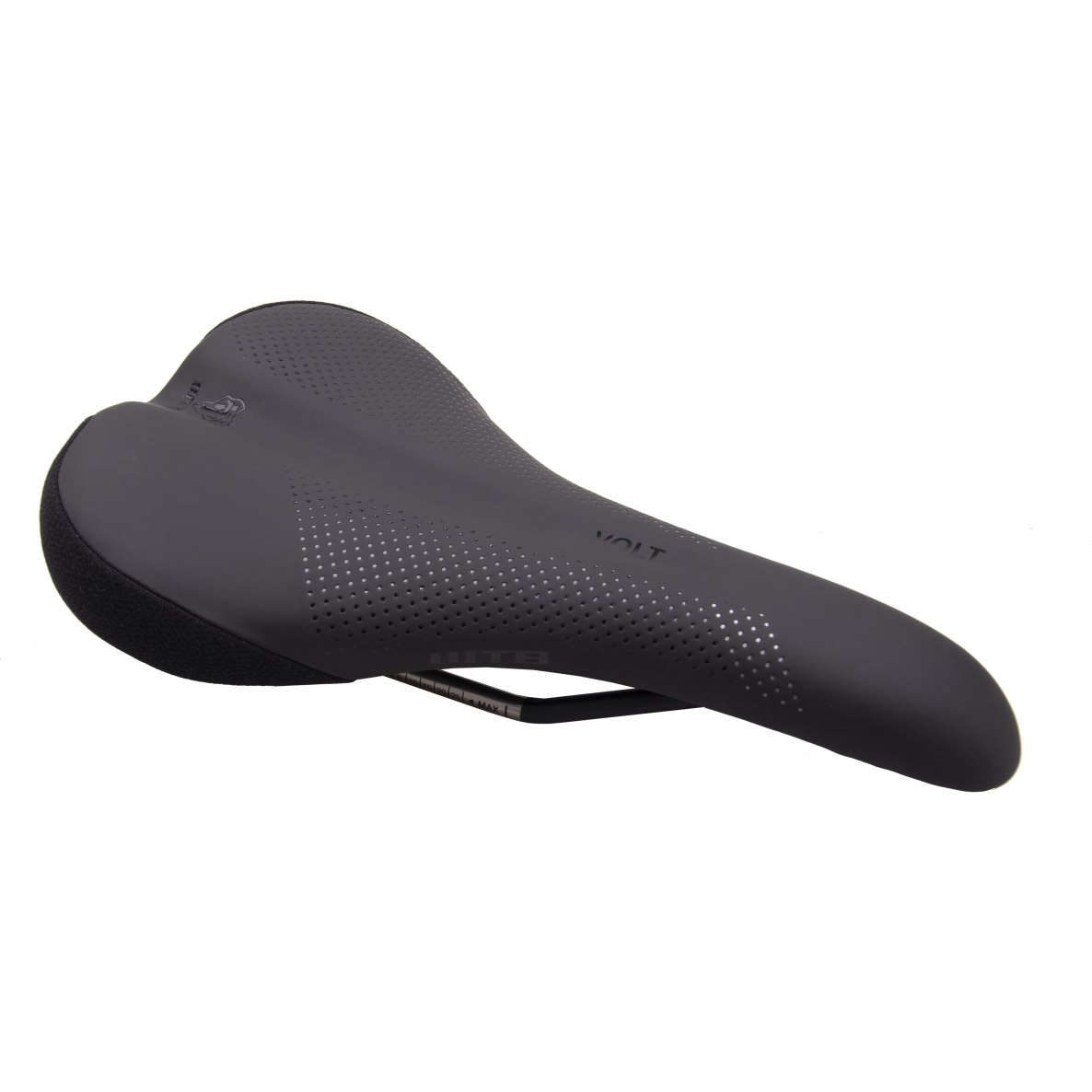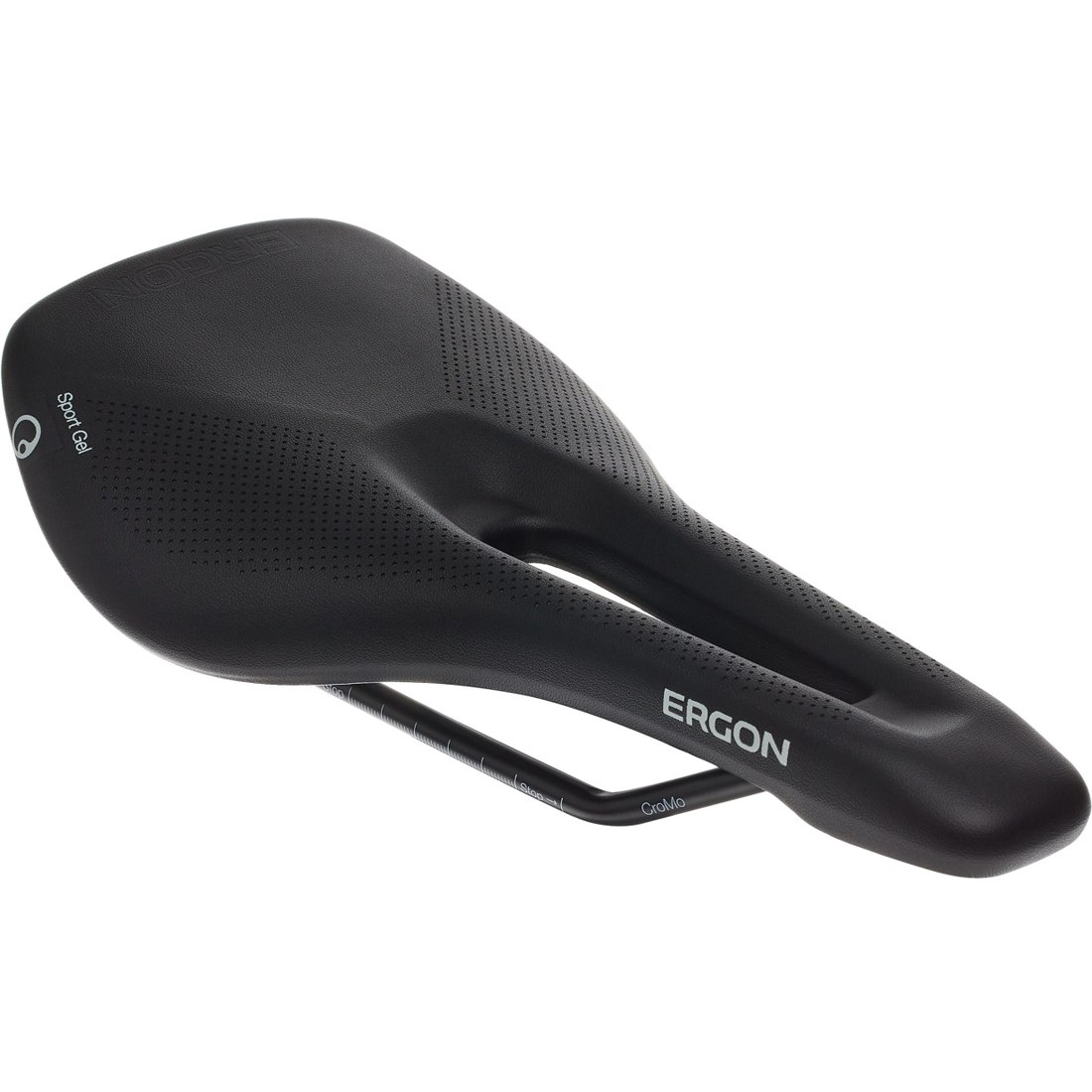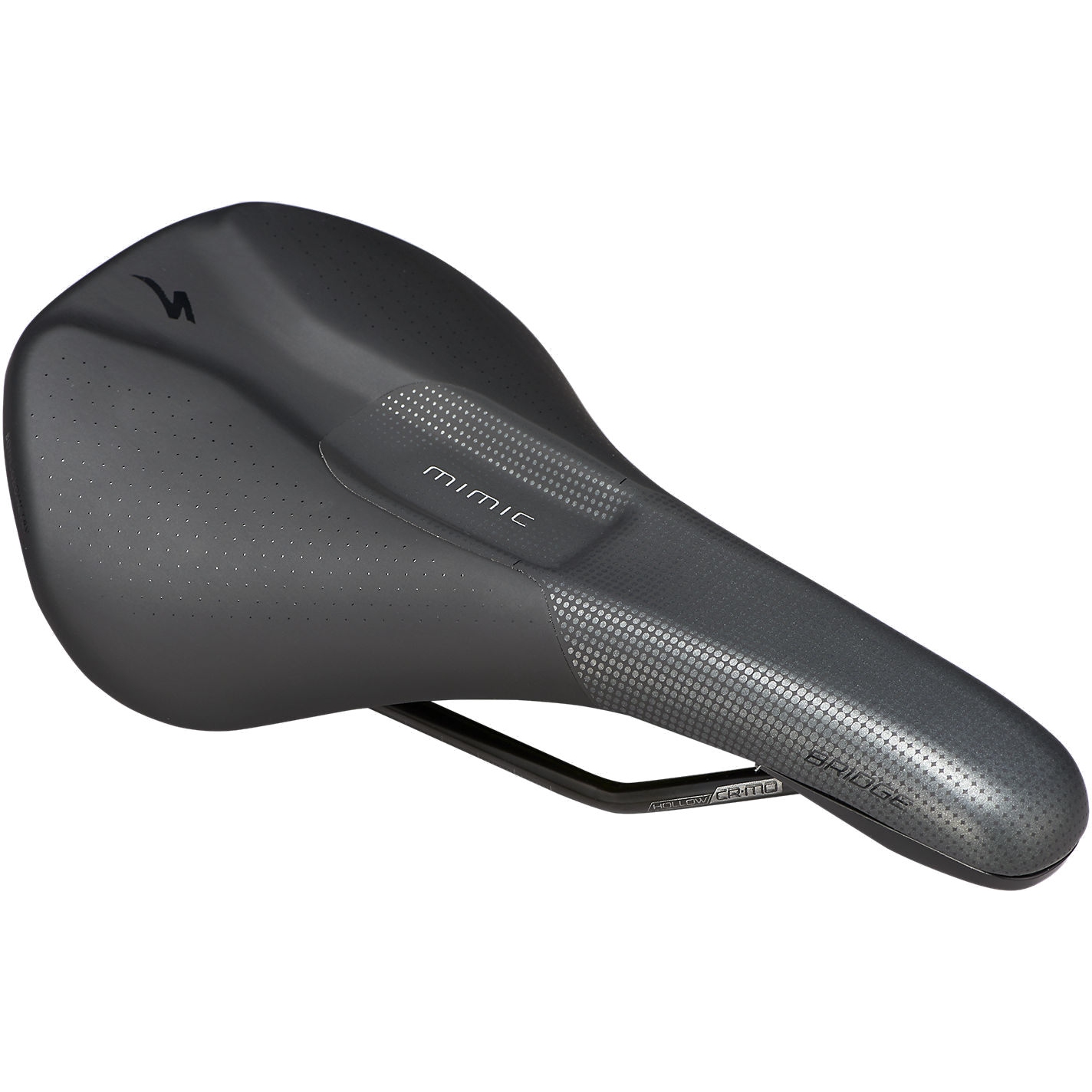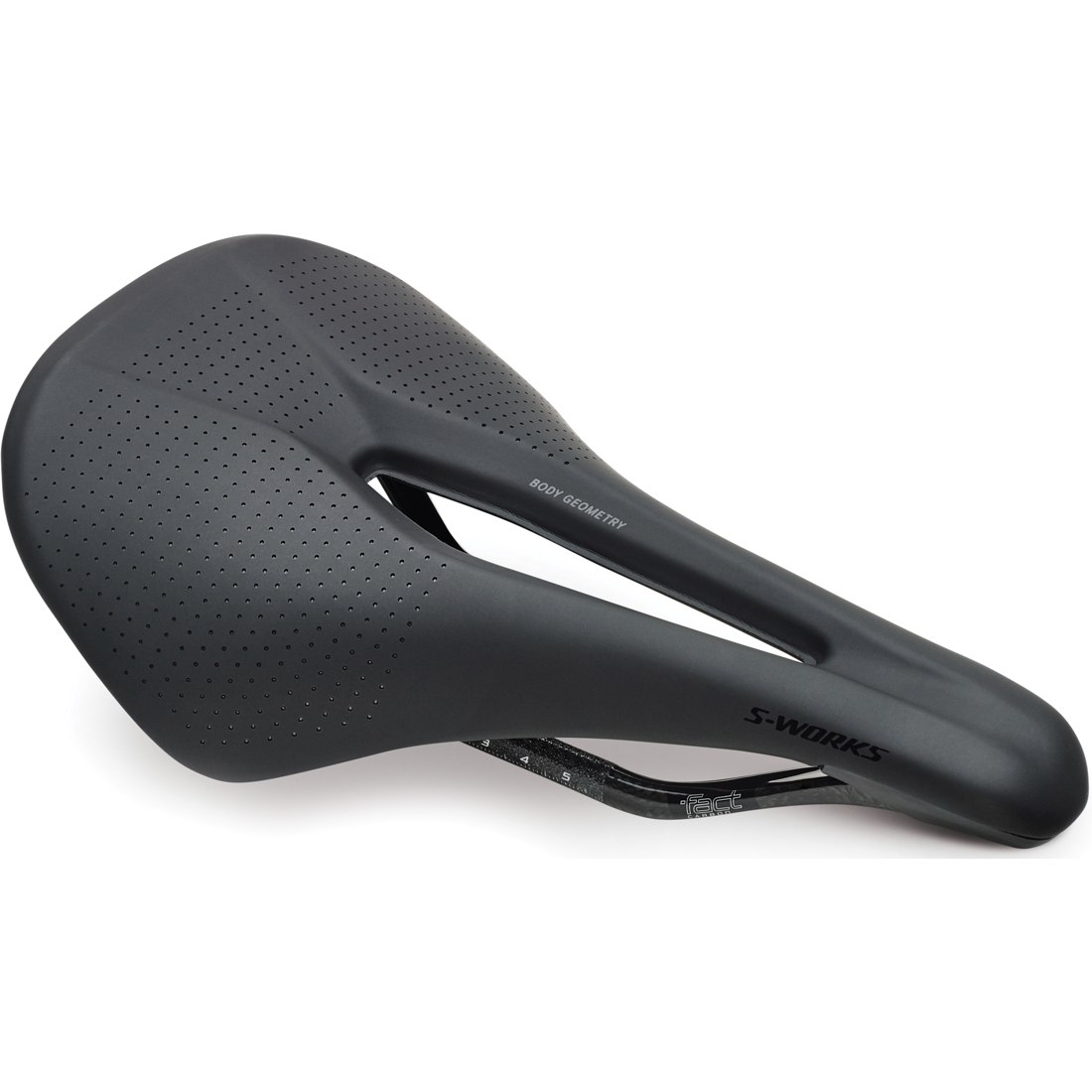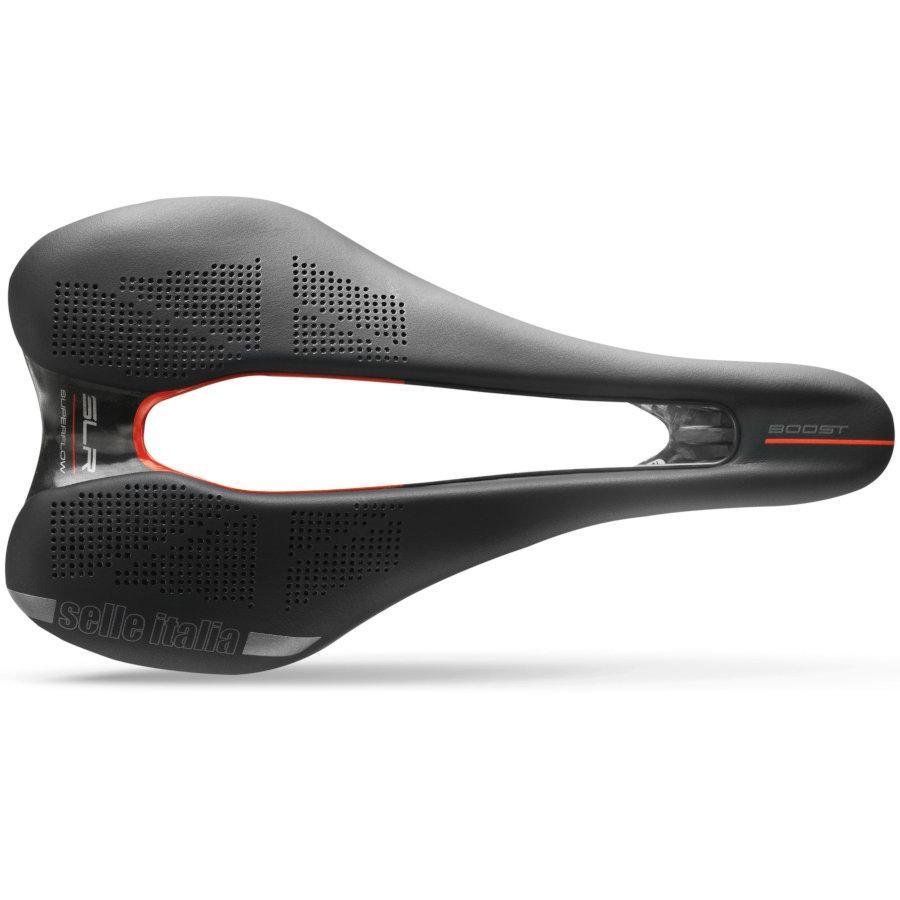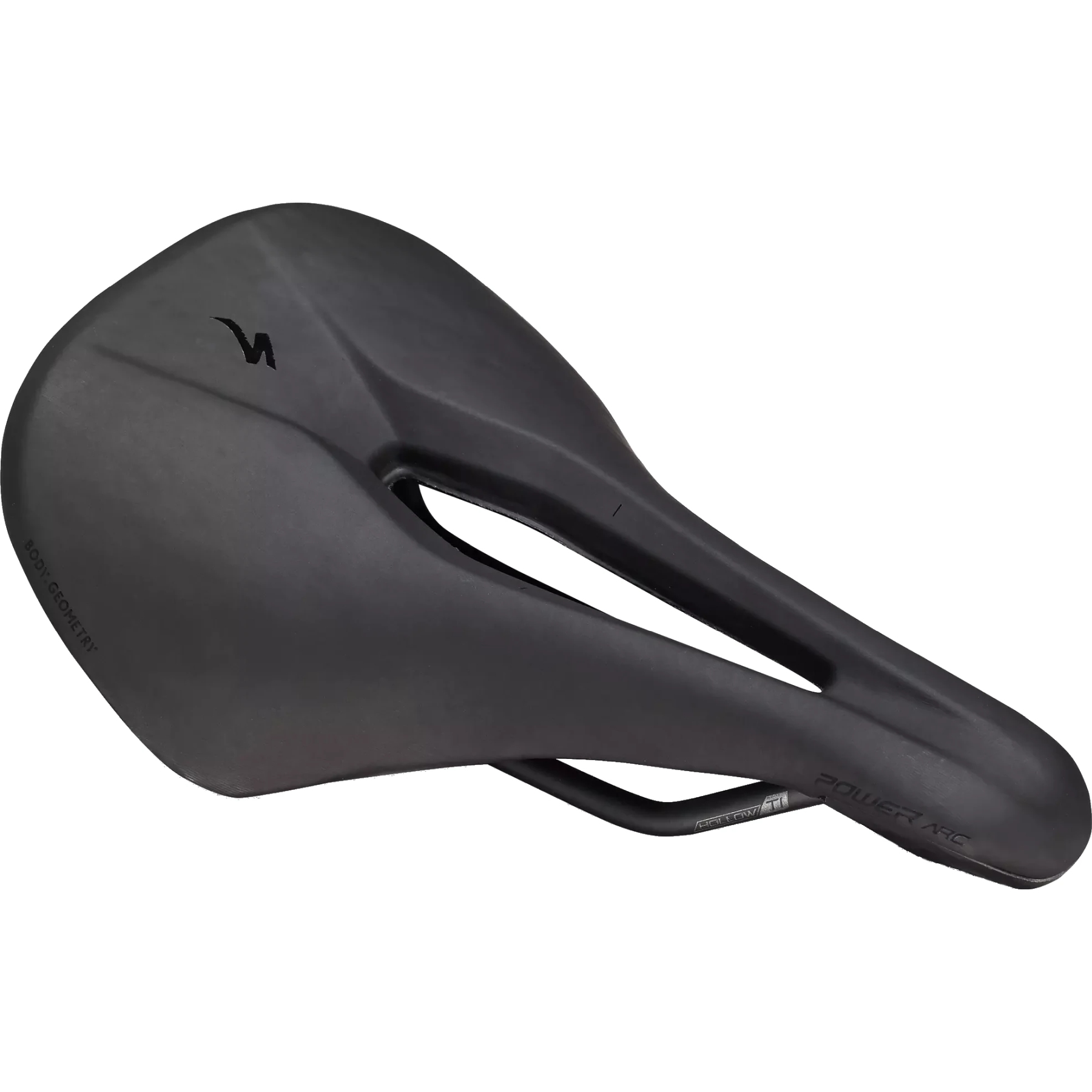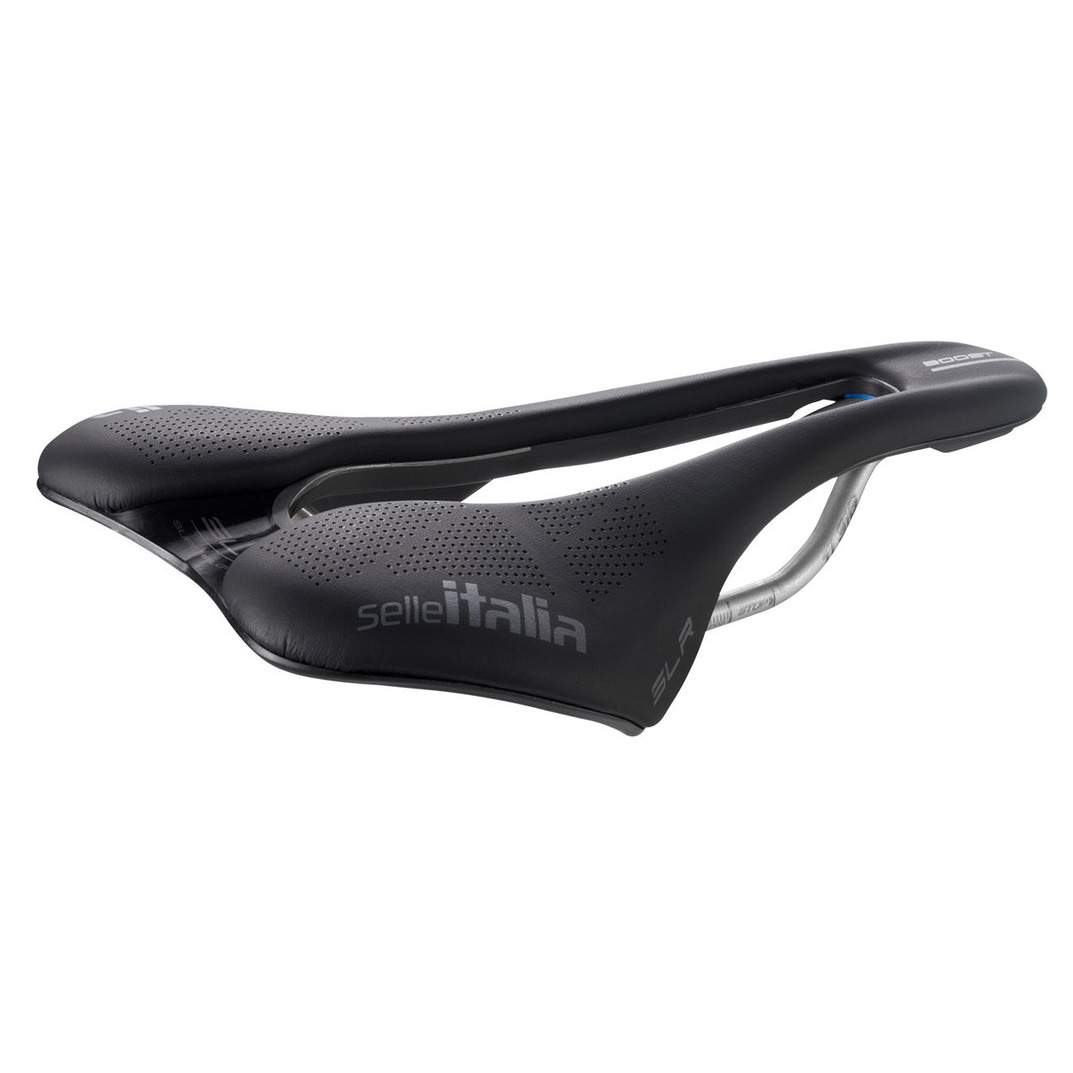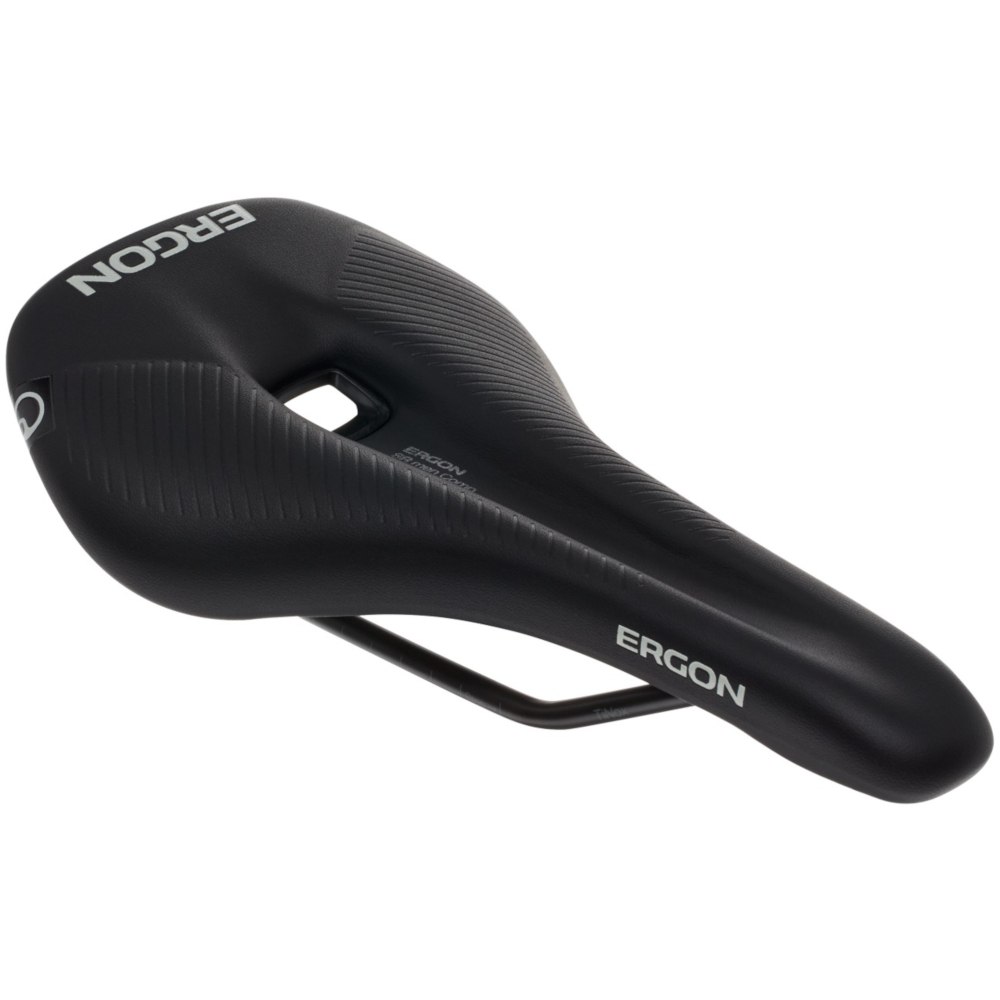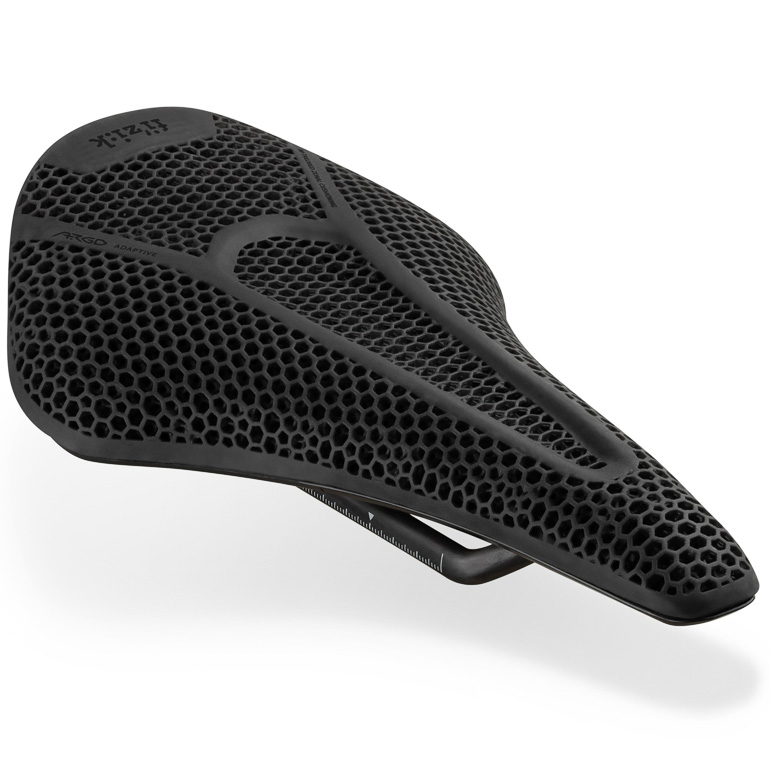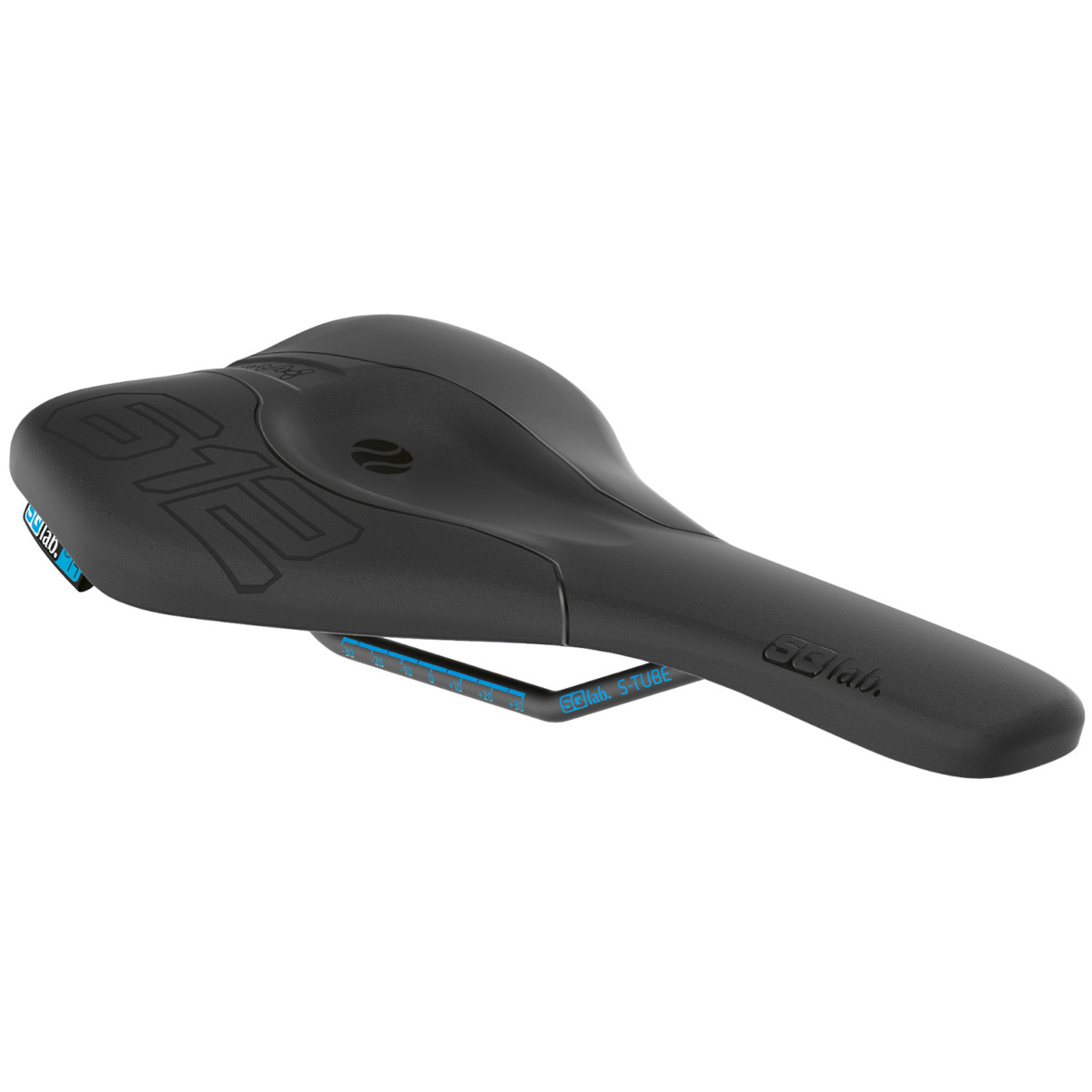Road Bike Saddles – Which Road Bike Saddle Is the Best One for You?
‘A road bike rider has to take more care of their buttocks than they do of their face.’ This famous quote by former German professional cyclist Rudi Altig neatly sums up just how important the saddle on the road bike really is. If it pinches, even the nicest outing will quickly become the ride from hell. But if it fits properly, you’ll be guaranteed many hours of comfortable cycling. In this article, we tell you about the different types of road bike seats on offer and what you need to know when buying a road bike saddle. Read more
What’s the Difference between a Road Bike Saddle and a Traditional Bike Saddle?
A leather or synthetic covered seat area, a base and seat stays for mounting on the seat post – at first glance, the road bike saddle is almost impossible to distinguish from a traditional bike saddle. However, if you look more closely, you’ll quickly see the small, subtle differences: for example, the road bike saddle is usually narrower and longer than a traditional bike saddle. It also has a flatter seat area, which allows you to transfer more power to the bottom bracket. Road bike saddles are often also more minimalist in design than traditional bike saddles, as every gram of weight saved counts when it comes to cycling fast.
Its design, aimed at ensuring the saddle is as lightweight as possible, often makes the road bike saddle look uncomfortable. Indeed, the padding usually is thin. A thin layer of padding as well as the flexed housing on many models are often the only cushioning mechanisms. However, this doesn’t mean that road bike saddles actually are uncomfortable. If the saddle width and shape are right for the rider’s body – see more about this in our ergonomics section – and the road bike trousers worn by the rider have suitable padding, saddles can be comfortable even over longer periods of time. The rider’s pronounced forward-leaning position on a road bike, which puts a lot less weight on the sit bones than if they were on a traditional bike in an upright sitting position, also helps make the saddle more comfortable. In addition, riders put a lot of pressure on the pedals when riding a road bike, which is why padding isn’t as important here.
The advantages that road bike saddles offer compared with traditional bike saddles can already be seen. The road bike saddle is perfectly designed to cope with the demands of sport cycling. An additional benefit of the absence of springs and padding is the lower weight: when there’s less weight to be carried, power output also increases – especially when going uphill.
What Kinds of Road Bike Saddles Are There?
Not all road bike saddles are the same. There are many saddle models on the market and you’ll be spoilt for choice when looking for best road bike saddle. That’s why we’ve put together the main types of saddle below, to make it easier to find the road bike seat that’s best for you.
In general, a distinction can be made between traditional all-round-road bike saddles, racing saddles, time-trial saddles and randonneur saddles. The first is a saddle that has all of the above-mentioned typical features of a road bike saddle. It’s lightweight, with minimum padding and a sporty, minimalist design. Compared with the all-round models, the shape of racing saddles is a little more aerodynamic. At the same time, every gram of weight counts on these saddles, because ultimately, a road bike intended for competitions needs to be as fast as possible. They are therefore usually made almost entirely of carbon – even the seat frame. Depending on their design, racing saddles can weigh less than 100 grams.
Incidentally, the racing saddles category includes special time-trial or triathlon saddles, which are also used in triathlons. The time-trial saddle’s most distinctive feature is its short nose, which ensures that you can push the saddle further forwards without violating the relevant UCI regulations for time-trial bikes. The randonneur saddle on the other hand has been specially developed for bike trips and long tours. It’s therefore usually more comfortable and mainly used on touring road bikes and often also on gravel bikes.
What’s the Best Saddle Fit for Me?
No matter what the purpose, the most important thing about the road bike saddle is the fit. The key concept here is ‘sit bone distance’, as this distance determines the perfect saddle width for a rider. Many manufacturers therefore offer saddles in various widths and sometimes even the same model in different widths. Find out how you can easily measure your sit bone distance at home in the BIKE24 Ergonomics section.
Road bike saddles with a cut-out are a special case here. The cut-out looks like a central, oval-shaped hole or a channel in the middle of the saddle, and is intended to relieve pressure on the cyclist’s perineal area, as feelings of numbness can often be experienced here when riding. The disadvantage of this saddle is that the pressure is less evenly distributed, as it is diverted to the sides.
Men’s Road Bike Saddles vs Women’s Road Bike Saddles – Are There Differences?
Road bike saddles for women also deserve a mention here. There are indeed differences between the saddle shape of a men’s and a women’s road bike saddle. The most important difference is the width of the seat area. The seat areas of road bike saddles for women are usually a bit wider to better accommodate the female pelvis. In addition, women’s road bike saddles are often slightly shorter than road bike saddles for men. These differences don’t always matter, however, as there are also many road bike saddles models that both men and women find to fit very well.
How Expensive Are Good Road Bike Saddles?
The price of a road bike saddle naturally depends heavily on the quality of the materials used and the design. Road bike saddles usually start from €50, while high-end saddles can cost you up to €300 or more. In short: good road bike saddles don’t automatically need to be expensive. Almost all expensive road bike saddles are extremely lightweight, but may not necessarily be of higher quality or more comfortable. Ultimately, what’s important is that the road bike saddle is the right one for your own body and personal cycling style – in which case you’ll also be very happy with a cheaper model.
Why Should I Regularly Check My Road Bike Saddle?
A road bike saddle is one of the most important components on the bike. It should therefore be checked regularly and, if necessary, readjusted or replaced. Two things need to be considered here: Is the saddle still good or already worn out? And has the saddle been mounted correctly? Especially when cycling long distances, it’s important that the road bike saddle is properly adjusted and doesn’t cause any pain. Remember – even a saddle that is incorrectly mounted by just a few millimetres can lead to posture problems, knee pain etc.
How Do I Care for My Road Bike Saddle?
In most cases, the cover of a road bike saddle is made of leather or faux leather. To ensure that it lasts for a long time or, in the case of full-grain leather models, retains its original shape, it should be treated regularly with a leather-care product. In addition, you should also ensure that the saddle doesn’t get too wet, as otherwise the sensitive real leather seat areas can quickly become damaged. For most road bike saddles, regular cleaning with a damp cloth is sufficient.
Five Saddle Care Tips:
- Don’t use harsh or chemical cleaning products when caring for your saddle as they can damage the cover.
- Make sure that the road bike saddle doesn’t get too wet and isn’t exposed to excessive sunlight.
- Check regularly that the saddle clamp bolts are tight – the best way to do this is with a torque spanner.
- If you don’t use your road bike saddle for a longer period of time, you should regularly rub it with a protective product so that it won’t dry out or become brittle.
- The BIKE24 range also includes lots of saddle care products.
